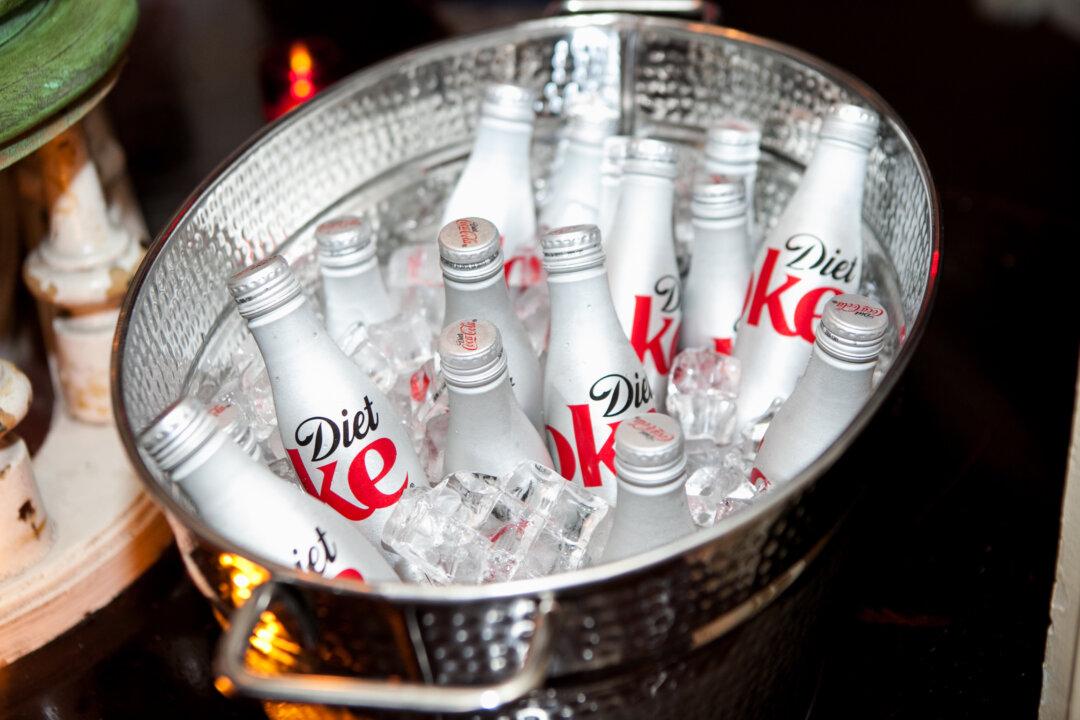Drinking two or more diet beverages of any kind per day has been linked to an elevated risk of blood clot-related strokes, heart attacks, and early death in women over 50, said the American Heart Association and American Stroke Association in a new study.
The risks were highest in women who had no history of heart disease or diabetes, women who were obese, or African-American women, said the study, as CNN reported.






